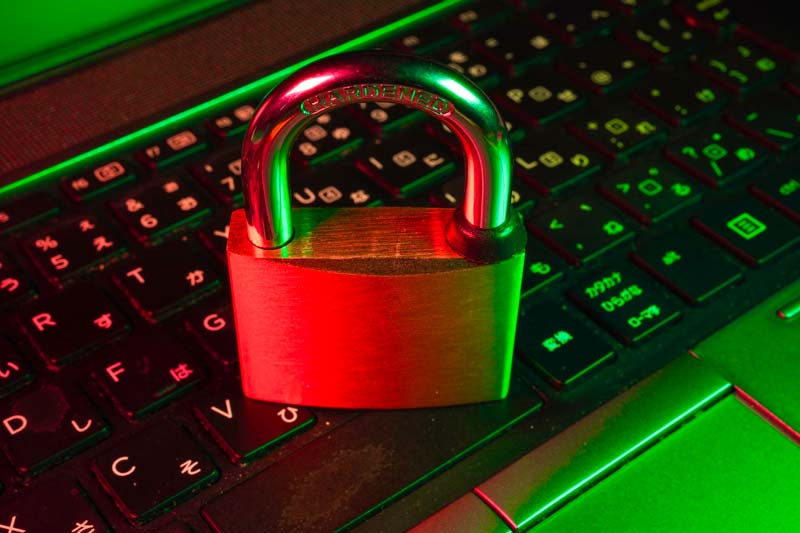Welcome to our guide on email authentication for better deliverability. In today’s fast-paced digital world, email marketing has become a crucial component of any successful marketing strategy. This is where email authentication comes into play.
Email authentication is the process of verifying the legitimacy of an email message. It works by adding a layer of validation to the email message so that receivers can trust the source of the message and the contents of the message.
In this blog post, we will explore the importance of email authentication for better deliverability and provide you with essential tips and best practices to improve your email authentication efforts. From SPF and DKIM to DMARC and BIMI, we’ll cover the different authentication methods and explain how they work. So, keep reading to discover how you can authenticate your emails and improve your email marketing efforts.
Advantages
- You get to signal the providers that you meet the security requirements and respect your subscribers
- You protect your brand by avoiding the spam
- Improve deliverability
How does it work?
Although the process is slightly different in different protocols, but in general, the process is something like this:
- The sender establishes rules for authenticating emails sent from or on behalf of the domains.
- The email sender configures its mail servers and publishes the rules in the DNS (Domain Name System) records.
- The mail server that receives the email authenticates the messages by using the published rules.
- The mail server then acts upon the results of the authentication to deliver, flag, or even reject the message.
The Protocols
SMTP or Simple Mail Transfer Protocol is the foundation on which email is built, and it’s used to send and receive messages. Unfortunately, SMTP doesn’t include a way to verify a sender’s identity, which makes it susceptible to spammers.
For this reason, authentication protocols emerged to enhance the security of SMTP and to kill the rise of spam. SPF and DKIM were the first widely used methods, while DMARC later followed as an extension of the two. DMARC was later followed by BIMI.
These protocols provide a standardized way for email clients like Gmail and Apple Mail to verify the identity of senders.
SPF (Sender Policy Framework:
restricts who can use an organization’s domain as the source of an email. It blocks spammers from sending mails from a legitimate organization by defining a process for the domain owners to identify which IP addresses are authorized to forward emails for their domains.
DKIM (DomainKeys Identified Mail):
provides an encryption key and digital signature that verifies that an email was not altered or faked. This key is unique to the sender, and the signature works even after an email is forwarded.
DMARC (Domain-based Message Authentication, Reporting, and Conformance):
puts together SPF and DKIM authentication mechanisms into a common framework and allows domain owners to declare how they would like email from that domain to be handled if it fails an authorization test. It has three policies (p=), viz.
- p=none which means “take no action”. Treat the email as if there were no DMARC validation.
- p=quarantine which accepts the mail but sends it to the spam folder.
- p=reject which stops the delivery of the email to any folder.
BIMI (Brand Indicators for Message Identification):
is the latest authentication protocol. The results of BIMI can be seen in the inbox in the form of brand logos next to the messages, which signals to the receiver that the email is legitimate.
All four of these protocols put together can enhance the authentication of emails and improve deliverability. Setting them up may take time and effort, but it’s worth it in the end.
Conclusion
Scammers lurk everywhere, and your promotional emails, no matter how small a business you may be, are prone to being faked and sent to innocent recipients. With email authentication, this problem is solved. Protocols like SPF, DKIM, DMARC, and BIMI help you ward off the fraudsters and safely send your emails to your customers, and thus increase your trustworthiness and legitimacy, which in turn will increase your deliverability and goodwill.
DO CHECK OUT OUR HEALTHCARE MAIL LIST





